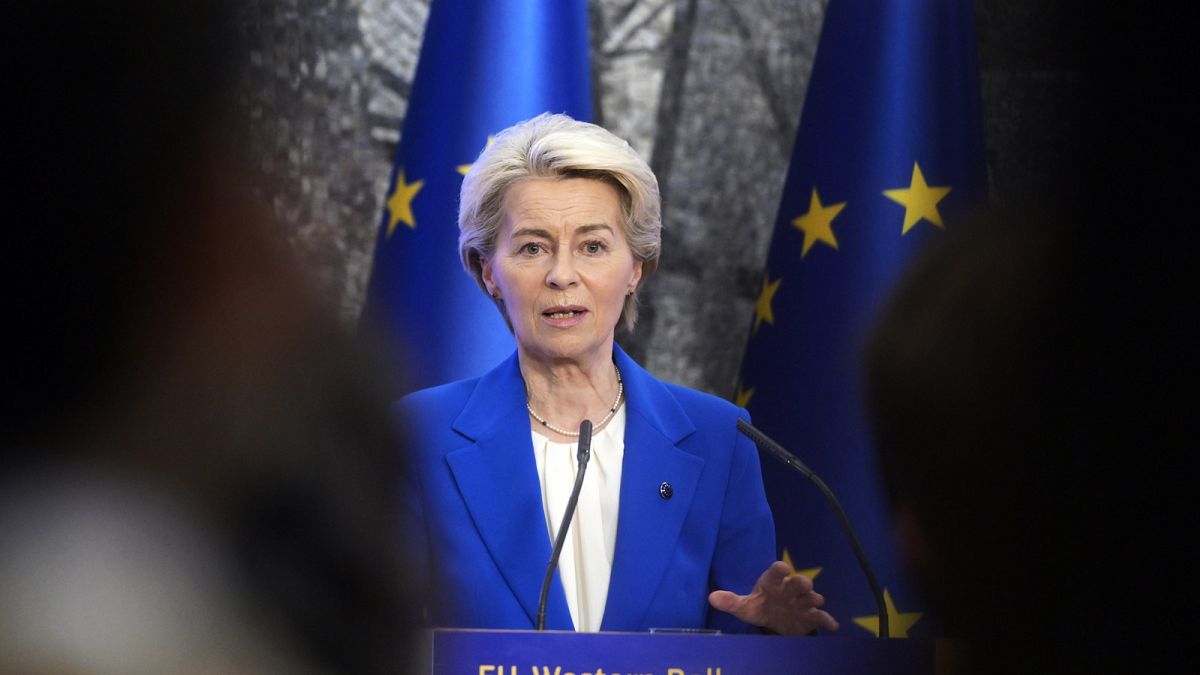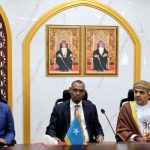The recent parliamentary elections in Georgia have raised concerns over reports of intimidation, coercion, and vote-buying, prompting the European Union to call for swift investigations into the irregularities. The ruling party, Georgian Dream, won a majority of seats with 54% of the votes, but opposition parties and observers have highlighted potential issues that need to be addressed to rebuild trust in the electoral process. The Organization for Security and Co-operation in Europe (OSCE) noted a tense environment during the elections, with widespread reports of pressure on voters compromising the secrecy of the vote.
European Commission and High Representative Josep Borrell emphasized the need for constructive and inclusive dialogue across the political spectrum in Georgia to address the irregularities and ensure the integrity of the electoral process. Prime Minister Irakli Kobakhidze defended the elections, stating they were in line with legal principles, while President Salome Zourabichvili accused the votes of being totally falsified under Russian influence. The EU has criticized Georgia for introducing legislation that weakens democracy and emulates Russian authoritarianism, leading to a freeze in the country’s accession process.
EU leaders are calling on Georgia to adopt democratic reforms that uphold the fundamental rights and freedoms of its citizens. Charles Michel, president of the European Council, urged Georgian authorities to seriously address the irregularities in the elections and emphasized the importance of respecting European values and principles. The next steps in the EU’s relations with Georgia will be discussed at an upcoming summit in Budapest, where leaders will decide on further actions in response to the situation in the country.
Despite concerns over the electoral irregularities in Georgia, Hungarian Prime Minister Viktor Orbán has congratulated Georgian Dream on its victory and plans to visit Tbilisi to meet with Prime Minister Kobakhidze. Orbán’s trip has raised eyebrows in Brussels, as he has not received a mandate from the EU Council to visit Georgia, and his free-wheeling diplomacy has caused rifts among EU member states. However, all EU leaders, including Charles Michel and Ursula von der Leyen, are expected to attend the Budapest summit to discuss the developments in Georgia and determine the future of EU-Georgia relations.
Overall, the elections in Georgia have highlighted the need for transparency, independence, and integrity in the electoral process to ensure democratic principles are upheld. As the EU continues to monitor the situation and call for investigations into the reported irregularities, Georgia must address these issues to regain trust and credibility in its democracy. The upcoming summit in Budapest will be a crucial moment for EU leaders to decide on the next steps in their relations with Georgia and demonstrate their commitment to promoting democracy and human rights in the region.


























